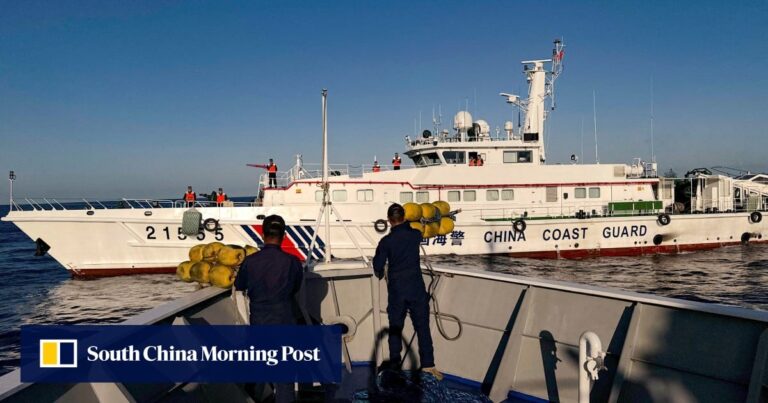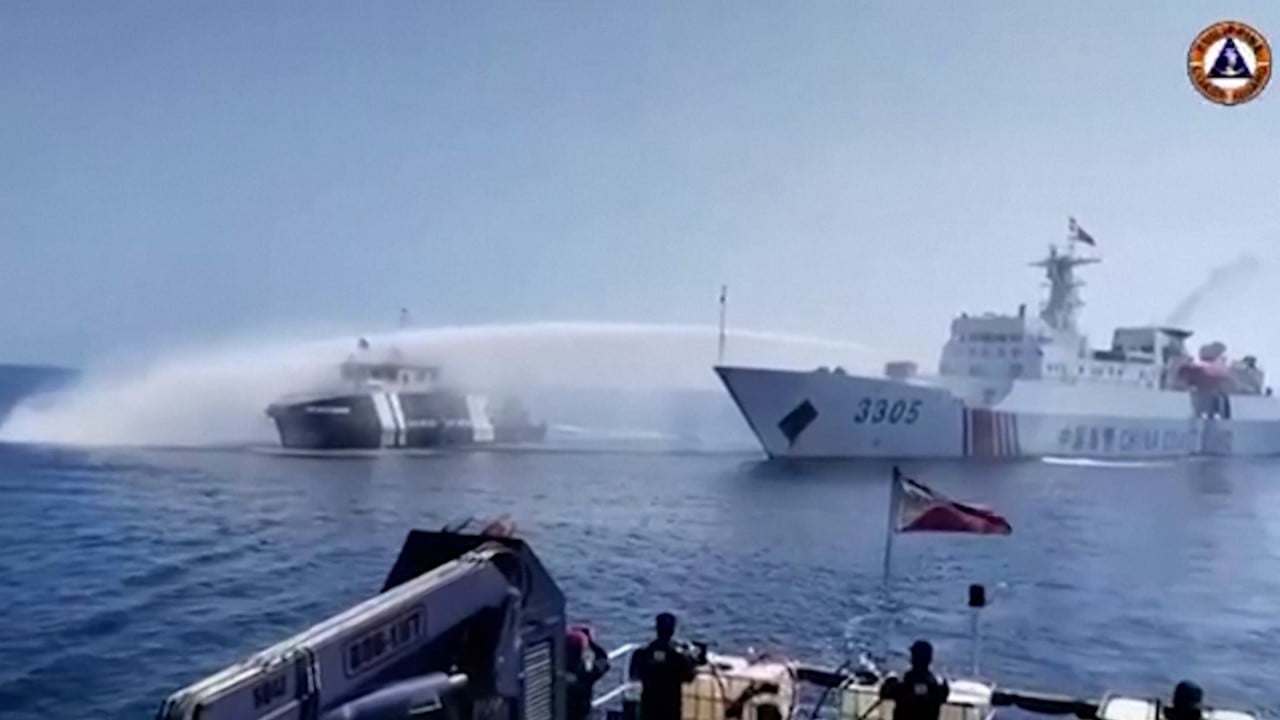Wu Shicun, the founding director of China’s National South China Sea Research Institute, cited a 2016 Hague court ruling in Manila’s favor. “The 2016 arbitration award has already had a negative impact that cannot be completely erased, but blocking the Philippines from going to arbitration for a second time will not allow China to It is very important for.”
“If the Philippines succeeds again, other countries such as Vietnam could follow suit.”
The panel discussion was held on the sidelines of the semi-official Chinese Society of International Law’s annual academic conference in the eastern city of Hangzhou.
The Philippines and Vietnam are the most vocal critics of Beijing’s vast territorial claims in the South China Sea. The Chinese government maintains that its claim is based on the historic “nine-dash line,” a U-shaped line that encircles much of the busy and resource-rich waterway. . Malaysia and Brunei also have competing claims.
Pro-Duterte coalition condemns Manila’s involvement in US and China’s ‘proxy war’
Pro-Duterte coalition condemns Manila’s involvement in US and China’s ‘proxy war’
Wu said on Saturday that the Chinese government’s countermeasures after the 2016 ruling were “incomplete and inadequate.” In contrast, the Philippines used domestic law to solidify its ruling.
He called on China to increase pressure on Manila to defend its position “to let the Philippines know that if it takes a step, it will have to pay a price.” [of a second arbitration]This is not only true at sea, but also in all aspects of China-Philippines relations. ”
China is deeply concerned that other competing claimant states may follow Manila’s lead and seek legal intervention, which could seriously damage Beijing’s international reputation.
However, China’s relationship with fellow communist countries is less confrontational than the Philippines. The top leaders of China and Vietnam also met regularly and pledged to resolve the maritime dispute through negotiations.
In a panel discussion on Saturday, Ma Xinminren of the Treaties and Legal Affairs Bureau of China’s Ministry of Foreign Affairs said the 2016 judgment was “the first international lawsuit brought against China” since the founding of the People’s Republic in 1949.
“Currently, the situation in the South China Sea is largely stable and manageable. However, the United States and the Philippines have continued to tout the alleged legitimacy of this agreement. [ruling], Also used in the Philippines [it] This is said to legally justify frequent maritime violations and provocations against China,” Ma told Chinese legal experts and scholars gathered at the symposium.
President Ferdinand Marcos Jr., unlike his Beijing-friendly predecessor Rodrigo Duterte, has moved closer to the United States, a traditional treaty ally, to counter China’s maritime claims in the South China Sea. Relations between Japan and the Philippines have deteriorated significantly since last year. .
Ships from China and the Philippines have repeatedly clashed around the disputed area, raising concerns that an armed conflict could ensue if the United States were drawn in under a defense treaty with the Philippines.
In recent months, the Philippines has accused the Chinese coast guard of ramming a supply ship en route to the Second Thomas Shoal military outpost and using water cannons. The shoal, known in Chinese as Ren’ai Reef, is part of the Spratly Islands, which Manila manages and which China also claims as the Spratly Islands.
Chinese government denies South China Sea deal with Duterte was ‘secret’
Chinese government denies South China Sea deal with Duterte was ‘secret’
China has accused the Philippines of reneging on a promise to remove a World War II-era warship it deliberately ran aground in disputed shoals in 1999 to stake its claim.
The Chinese embassy in Manila announced earlier this month that the two countries had agreed on a “new model” to manage tensions in the shallow waters.
“In fact, the Pentagon has not had any contact with Chinese government officials since last year,” Teodoro said.


